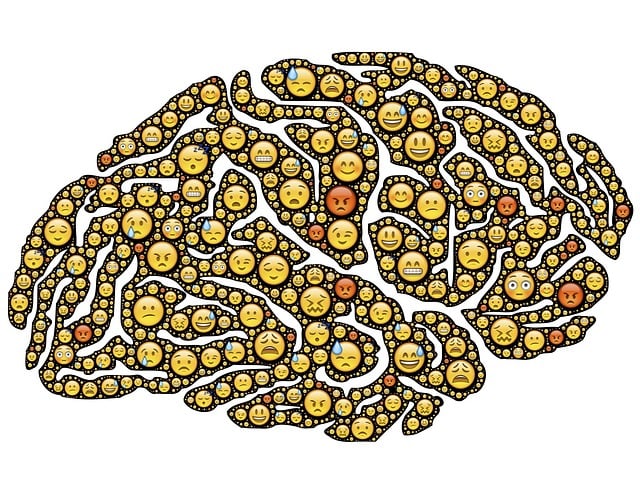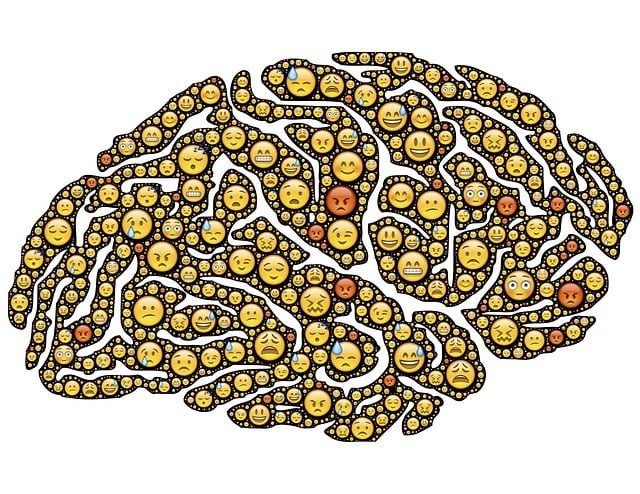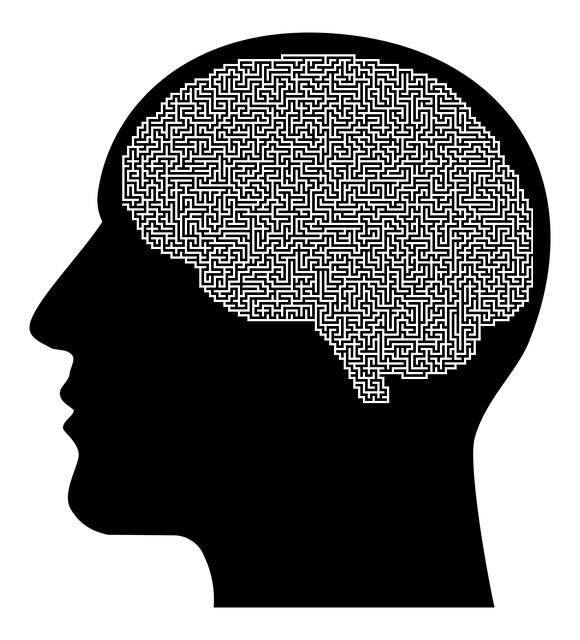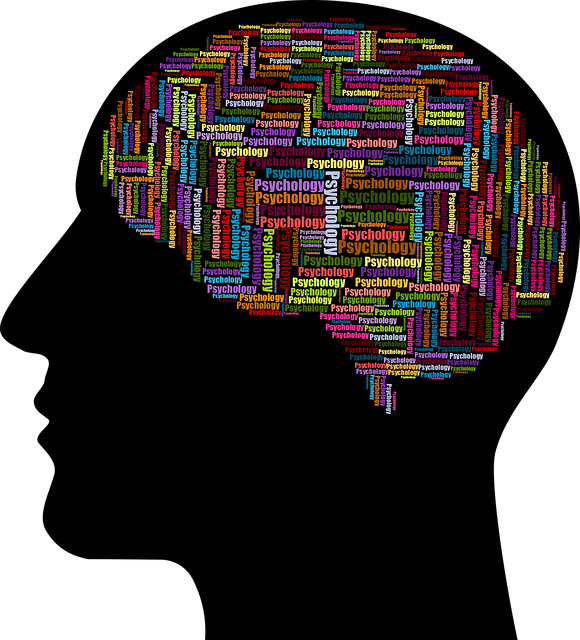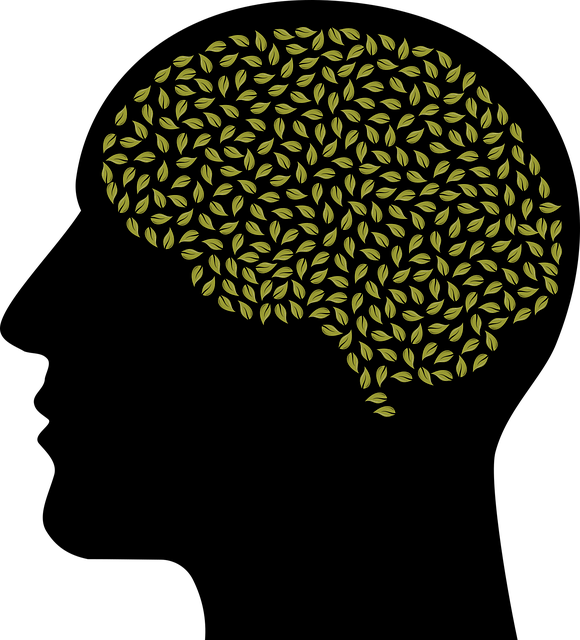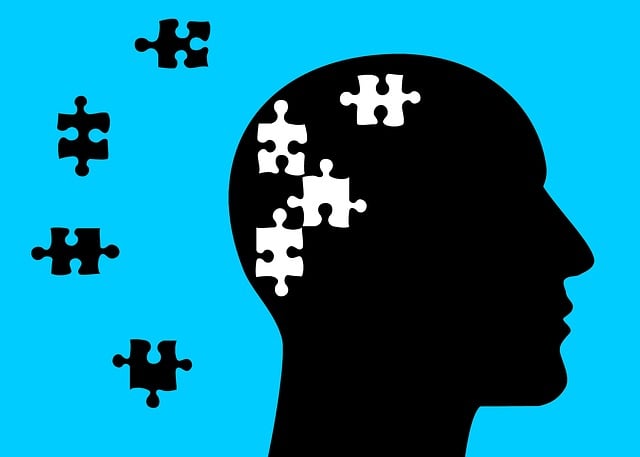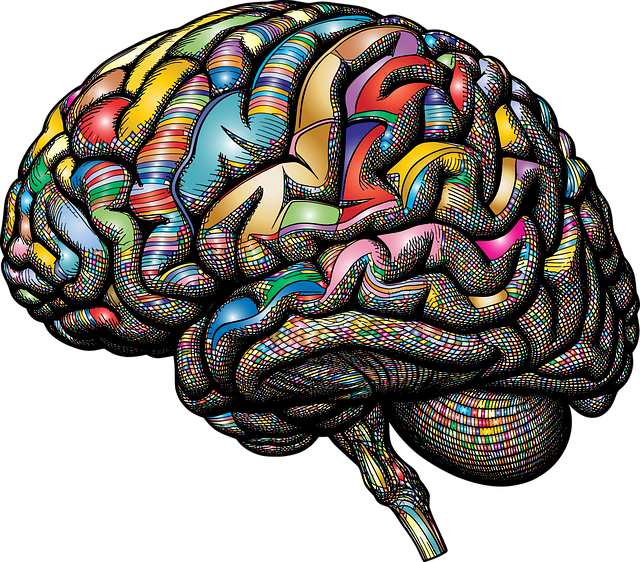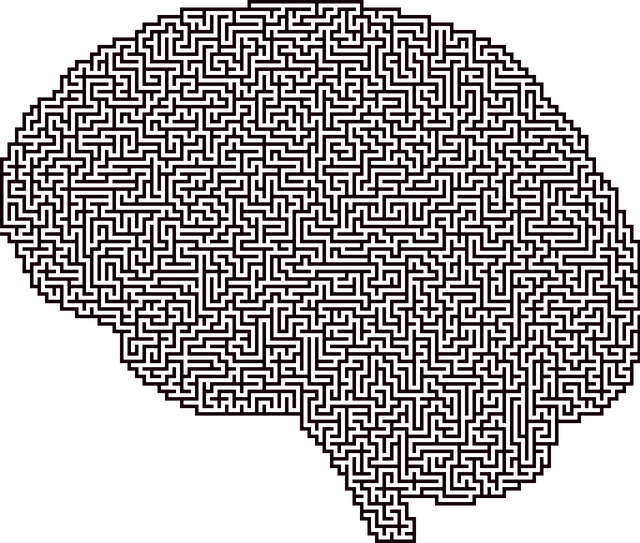Understanding mental health issues among young adults is crucial for designing effective education programs. This demographic faces unique challenges like academic pressures, social media influence, and identity formation, alongside personal experiences such as trauma or eating disorders. Targeted interventions, including family counseling, are essential to address common mental health problems. The Mental Wellness Podcast Series can raise awareness and foster cultural sensitivity in mental healthcare practices. Effective programs should include engaging modules on stress reduction, self-care, and normalizing mental health conversations, integrating diverse therapy techniques like individual, group, and family counseling. Hands-on experience in various settings enhances students' skills, preventing burnout and promoting self-care among future mental health professionals. Implementing and evaluating the program through clear objectives and mixed methods ensures its effectiveness in facilitating therapy for young adults and family counseling.
Mental health issues among young adults are on the rise, emphasizing the need for comprehensive education programs. This article explores the design and implementation of such initiatives, focusing on improving mental health literacy. From understanding prevalent challenges to integrating therapy techniques, each section delves into strategic approaches. Learn how family counseling plays a pivotal role in fostering youth well-being, and discover best practices for evaluating program success. Discover practical methods to create effective educational modules tailored to the unique needs of young adults seeking therapy.
- Understanding Mental Health Issues Among Young Adults: Identifying Common Challenges
- The Role of Family Counseling in Youth Mental Well-being
- Designing Effective Educational Modules for Mental Health Literacy
- Incorporating Therapy Techniques into the Curriculum: Practical Approaches
- Implementing and Evaluating the Success of Your Program: Best Practices
Understanding Mental Health Issues Among Young Adults: Identifying Common Challenges

Understanding mental health issues among young adults is a crucial step in designing effective education programs. This demographic often faces unique challenges, including stress related to academic and career pressures, social media influence, and identity formation. Many young adults may also be navigating family dynamics or personal experiences that impact their mental wellness, such as trauma, substance abuse, or eating disorders.
Identifying common mental health issues in this age group is essential for creating targeted interventions. Programs designed to support mental wellness among young adults should consider incorporating therapy models tailored to their specific needs, like family counseling, which involves parents or caregivers. Additionally, a Mental Wellness Podcast Series Production can offer accessible resources and platforms for sharing stories and raising awareness about mental health challenges and available support systems, fostering cultural sensitivity in mental healthcare practice.
The Role of Family Counseling in Youth Mental Well-being

Family counseling plays a pivotal role in promoting the mental well-being of young adults, offering a holistic approach to addressing their emotional challenges. This therapeutic intervention recognizes that youth often experience complex issues within family dynamics, which can significantly impact their mental health. By involving parents or primary caregivers in the process, counselors create a supportive environment where they can learn effective communication strategies, resolve conflicts, and develop healthier relationships.
Through regular sessions, family counseling provides a safe space for everyone involved to express their feelings, understand each other’s perspectives, and gain valuable coping mechanisms. This not only helps in managing existing mental health conditions like anxiety but also serves as an essential tool in the prevention of future issues. Integrating these practices into well-designed mental health education programs can equip young adults with the skills needed to navigate relationships, manage stress, and promote their overall emotional well-being.
Designing Effective Educational Modules for Mental Health Literacy

Effective mental health education programs require well-structured and engaging educational modules designed to cater to diverse learning needs. Each module should be tailored to provide accessible information on various mental health topics, such as stress reduction methods, while incorporating interactive elements like case studies and group discussions to enhance understanding. The content must be age-appropriate, with specific consideration for young adults navigating their mental health journeys independently, potentially leading them towards self-care practices or encouraging them to seek professional help, like family counseling.
Integrating real-world examples and personal narratives can make these programs more impactful, fostering empathy and normalizing conversations around mental health. Moreover, including a mix of visual aids, videos, and interactive tools can cater to different learning styles, ensuring that all participants actively engage with the material. By combining theoretical knowledge with practical skills, these educational modules have the potential to empower individuals to take charge of their mental well-being, complementing traditional therapy for young adults by promoting early intervention and self-advocacy.
Incorporating Therapy Techniques into the Curriculum: Practical Approaches

Incorporating therapy techniques into a mental health education program is paramount to preparing future professionals for real-world challenges. For young adults transitioning into the field, exposure to diverse therapeutic methods can be transformative. These practices should go beyond theoretical knowledge and include hands-on experience in various settings, such as individual and group counseling sessions, family counseling, and even community outreach programs. By integrating these techniques early on, students gain practical skills that enhance their ability to adapt to different client needs.
Family counseling, for instance, presents an opportunity to teach students about systemic issues and the impact of intergenerational trauma. This approach not only helps young adults understand complex family dynamics but also prepares them to offer comprehensive care, promoting healthier relationships and addressing underlying causes of mental health issues. Additionally, incorporating burnout prevention strategies and self-care practices into the curriculum is essential for risk management planning. Encouraging future mental health professionals to prioritize their well-being ensures they can effectively support others without compromising their own mental resilience.
Implementing and Evaluating the Success of Your Program: Best Practices

Implementing and evaluating your mental health education program is a crucial step in ensuring its effectiveness. Begin by setting clear goals and objectives that align with the needs of your target audience, whether it’s young adults or families seeking therapy. These goals should encompass improved emotional intelligence, enhanced self-esteem, and better emotional regulation skills.
To measure success, employ both qualitative and quantitative assessment methods. Qualitative feedback through participant surveys can provide valuable insights into their experiences and the program’s impact on their mental well-being. Quantitative data, such as changes in scores from pre- and post-program assessments, can offer tangible evidence of progress. Regularly reviewing and analyzing these results will enable you to make informed adjustments, ensuring your program evolves to better serve its purpose in facilitating therapy for young adults or family counseling, as the case may be.
Mental health education programs play a pivotal role in empowering young adults with the knowledge and skills to navigate their mental well-being effectively. By addressing common challenges through evidence-based practices, such as family counseling and incorporating therapeutic techniques, these programs can significantly improve outcomes. The key lies in designing modules that are engaging, accessible, and tailored to the unique needs of this demographic. With proper implementation and evaluation, we can ensure that young adults receive the support they need, fostering healthier communities and enhancing their overall quality of life. Incorporating therapy for young adults within these educational frameworks is a step towards creating a more resilient and mentally well-supported society.

